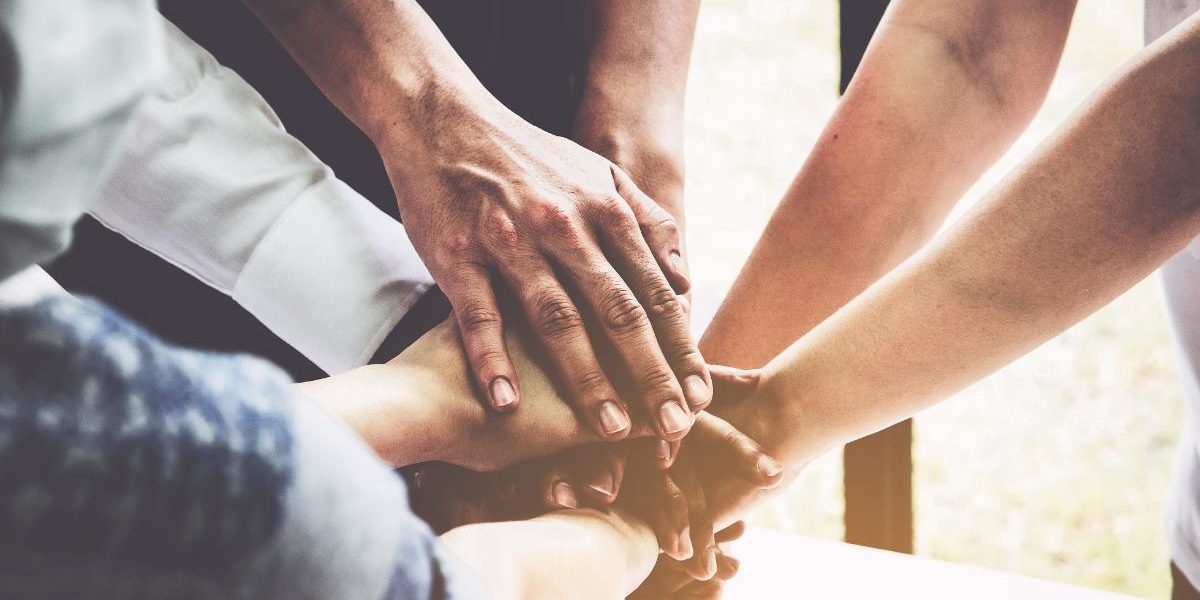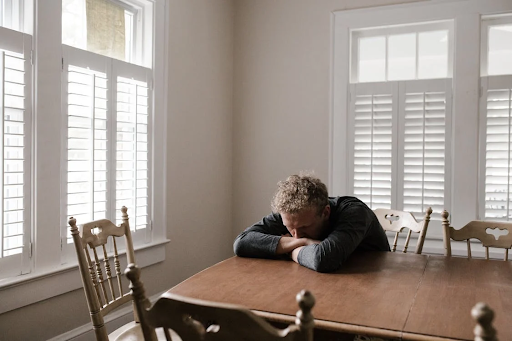The experience of losing a loved one is unfortunately part of the human experience we all endure. The grief that can ensue can become an all-encompassing process as life as you knew it to be will never feel the same. Although we have practices and rituals to commemorate our loved ones, including memorial services and eventually placing a cremation urn in special spot, the emotional toll can take significant time and effort to overcome.
Looking inwards to cope with your own grief is one direction you may turn, however without implementing practical processes to help you cope, this can induce anxiety which deepens the emotional and psychological toll. Plus, if you have never experienced a significant loss previously, this process can feel incredibly overwhelming.
Anxiety is not referred to within the five stages of grieving, however, given the number of people it affects and its relationship with loss, it should not be overlooked. The loss of a loved one can make you feel bewildered, abandoned and lacking in control. This can lead to feelings of hopelessness, a lack of drive and energy, and even a sense of panic about the future. The financial implications of losing a partner or close family member can induce stress and anxiety that left unattended to, can escalate very quickly. So, it is important you are prepared and seek the support required.
1. We All Grieve According to Our Own TimeLines
The grieving process is truly unique to each individual. It is crucial to not place heavy expectations on yourself or others regarding when you should be ready to let go of the sadness and hurt that accompanies feelings of loss. Remembering the grief may not have an end date will help you to acknowledge the process that is one shared by many and that you are not alone.
The time old expressions of ‘time heals all’ or ‘they are in a better place’, can make you feel guilty that you are still feeling intense sadness and loss. Keep in mind that those you may speak these phrases will be simply intending to find a way to console you and perhaps at a loss of what else to say.
Over time, the grief you are experiencing will lessen but it’s essential that you continue to work through the process and reach out for the support you need, whether that be professional counseling or regular communication with friends. Don’t rush yourself to tackle tasks like returning to work before you’re ready, as undue pressure may work to negate your grieving process and therefore hinder your productivity.
If you find after six months following your loss, you are still suffering from the symptoms of anxiety, it is crucial you do seek professional guidance as you may be enduring a more complex grief or anxiety disorder.
2. Don’t Expect to Nip Anxiety in the Bud Before You Are Ready.
There are five stages of grief: denial, anger, bargaining, depression and acceptance. While transitioning through these stages offers hope of eventual peace and healing, the way each individual traverses the process is not so straightforward. It is a misconception to believe that grief can be packaged into a neat and step-wise process, as this is rarely true.
The grieving process is sure to send you through a series of emotional states, not adhering to any particular form or pattern. Grief does not follow a linear process. It is important to expect the unexpected. For example you may be feeling on top of things one day, and then hopelessness and despair may grab you unexpectedly the next.
Don’t try to soldier on and be brave before you are ready. Do implement measures to appease the symptoms of anxiety and commit to continuing to practice them, even if you think you don’t need them anymore. Spend time among family and friends, seek out an environment you love to be in regularly, keep on top of your diet and physical health and maintain the self-care practices that help relieve your anxiety, as life-long measures to promote good mental health.
3. Grief is Not The Same For Everyone
There is nothing more personal than the experience of grieving. It is fruitless to compare your grief to that of a friend or family member. Such action will only serve to deplete you further and take away from the energy you need to manage the process.
Be on the lookout for symptoms of anxiety and don’t discount them as exaggerated responses to grieving. These may include excessive worry, restlessness, becoming easily tired, difficulty concentrating, feeling irritable, disturbed sleep, muscle soreness and a reluctance to participate in typical activities you enjoyed previously.
It is important you don’t compare yourself to others. If you don’t know where to start in managing your anxiety and grief, go back to basics. Start with your daily routine focusing on your self-care practices. Shop for healthy food so your cupboards are stocked, take long salt baths, encourage yourself to go for a walk, listen to positive music or podcasts and ensure you adopt practices prior to bedtime like meditation to soothe your anxiety and help you sleep.
4. Connect with Your Community
The connection you shared with your loved one was unique and special. Remember that connection will last for infinity and can never be diminished. Whilst it may be true that many won’t fully appreciate the connection you shared with your loved one, grief and loss is a shared human experience. Grief support groups exist both in-person and online and can be the ideal way to connect with people who will have some understanding of the roller-coaster of emotions you are experiencing. Try not to neglect the community connections you may already have established such as school, church, sporting and family groups.
It is important you create opportunities to share your thoughts amongst sympathetic people who undoubtedly have also suffered the mental health consequences of grief and loss, such as anxiety.
5. Create a Ritual to Support Your Relationship with Your Loved One
It is not selfish to consider that your loved one would not want you to continue to suffer because of their passing. You can do many things to honor the relationship you had with them which will in turn shift the feelings of despair associated with anxiety, to more productive emotions that can celebrate their life.
You may consider journaling about the qualities of the person and how they impacted your life; listening to the music they used to enjoy; or visiting the parks or beaches that made them feel relaxed and at peace. Some religious or spiritual practices encourage the provision of a space to commemorate your loved one at home, featuring their favorite items, giving you a place to reflect upon and revisit positive feelings of love and appreciation.
Embracing the comfort that these rituals provide will assist in lifting the veil of sadness that can keep you embroiled in anxiety-related thoughts, and remind you to celebrate not only their life, but your own.








Leave a Reply
You must be logged in to post a comment.